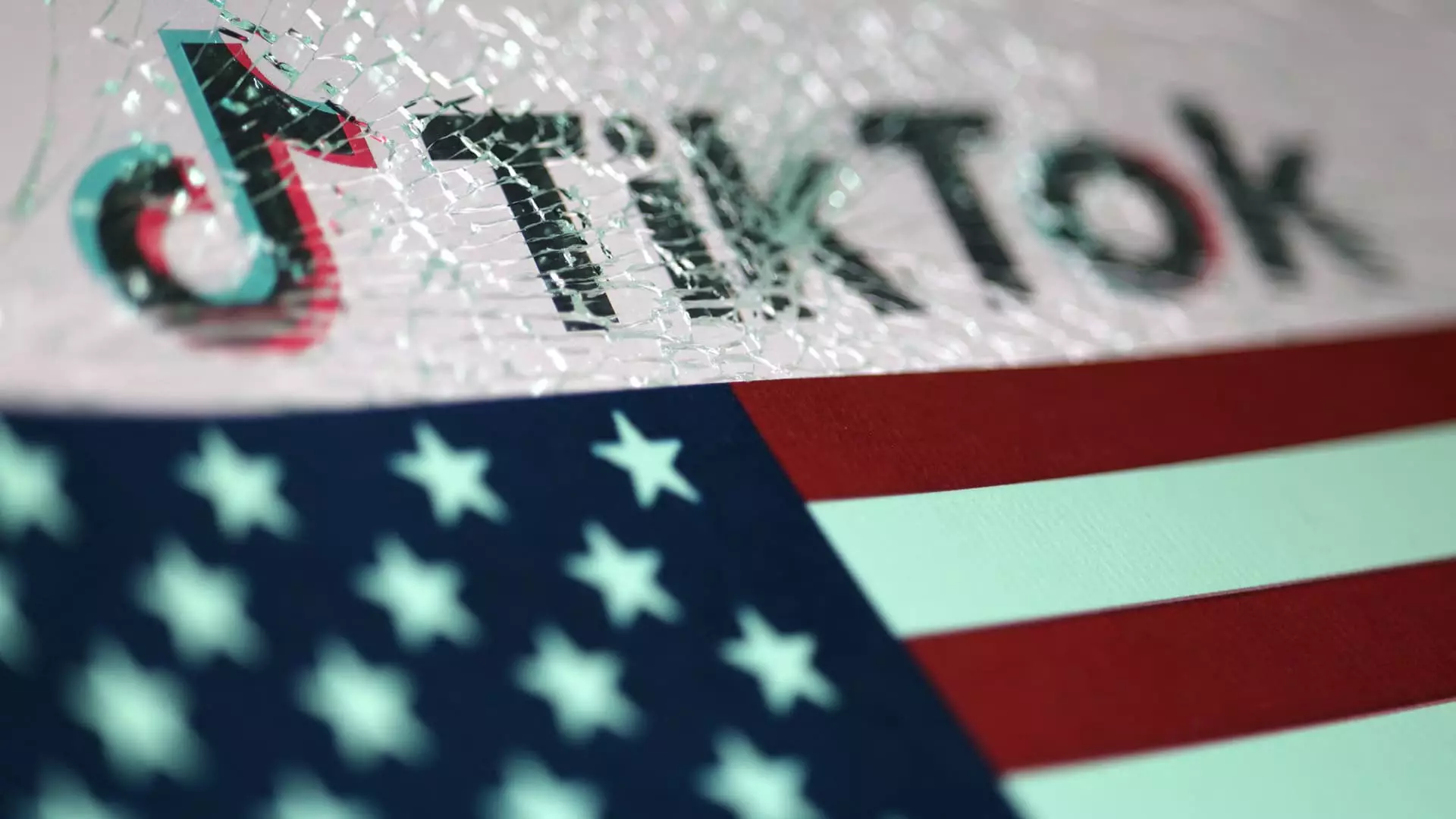In an unpredictable twist in the ongoing saga of the popular social media platform TikTok, recent statements from President-elect Donald Trump have added a layer of complexity to its future in the United States. Following a service suspension for American users, TikTok announced it would work to restore access, thanks in part to a forthcoming executive order from Trump designed to delay a potentially crippling federal ban. This announcement, made via a post on social media platform X, marked a significant moment for both TikTok and the millions of users who rely on it.
Trump’s acknowledgment of the service’s necessity for over 170 million Americans and its importance for small businesses underscores the app’s role in American digital culture. TikTok made it clear that it appreciates the actions taken by Trump, suggesting that this executive order not only represents a political move but also a necessary measure for economic stability. “This decision is a strong stand for the First Amendment and against arbitrary censorship,” the platform insisted, implying that the ban would undermine fundamental rights.
The Legal Landscape
Despite TikTok’s pledge to restore services, challenges remain palpable in the legal realm. A significant ruling from the Supreme Court upheld the law that threatened a ban on TikTok, leading to heightened tensions between American regulators and ByteDance, the China-based company that owns TikTok. The initial deadline for the enforcement of this law loomed ominously on the horizon. Although Trump’s order offers a temporary reprieve, the long-term sustainability of TikTok in the U.S. is increasingly uncertain under current legislative frameworks.
What remains particularly compelling is Trump’s insistence on structuring a joint venture that would grant the U.S. 50% ownership of TikTok. This proposal reflects broader anxieties surrounding foreign ownership of technology and data privacy, especially concerning a platform that engages so extensively with American users. However, despite Trump’s aspirations for a partnership, ByteDance has made it clear that it has no intention of divesting control of TikTok, leading to a stark divergence between political aspirations and corporate decisions.
The Impact on Users and Businesses
For the users and small businesses that depend on TikTok, the uncertainty surrounding the app’s future creates anxiety about their digital presence. The platform serves not only as an entertainment outlet but also as a critical tool for marketing and community engagement. The potential ban, even if delayed, threatens to disrupt the livelihoods of many who have leveraged TikTok for success. This ongoing struggle between regulatory measures and corporate interests highlights a conflict that is as much about the economy as it is about civil liberties.
As political dynamics continue to evolve and TikTok’s status fluctuates, the outcome remains unpredictable. Whether the app can navigate these complex federal regulations and maintain its user base will depend largely on forthcoming negotiations and the willingness of both sides to reach a compromise. Ultimately, the fate of TikTok in America may serve as a bellwether for the future relationship between technology companies and regulatory authorities in an age increasingly characterized by digital interconnection and geopolitical tensions.


Leave a Reply